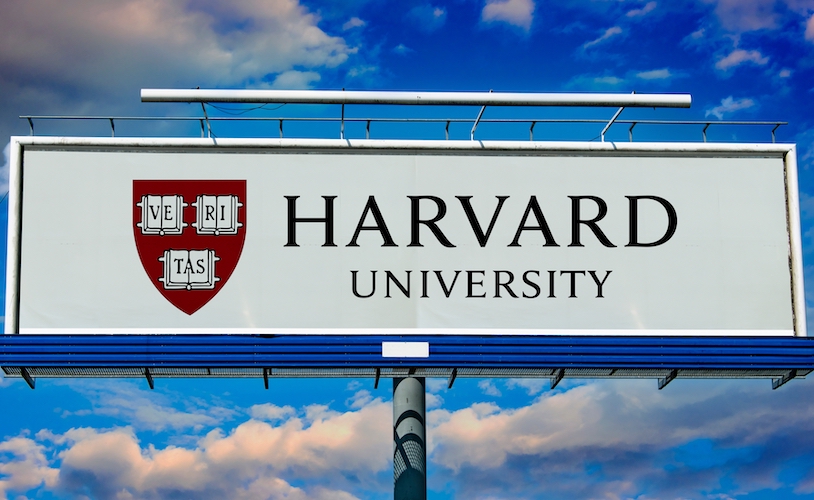
(LifeSiteNews) — Harvard University’s Graduate School of Education is slated to offer a course called “Queering Education,” that criticizes “heteronormativity” and instructs future teachers to encourage pro-LGBTQ “gender and sexual identity development” in students.
The spring semester course “explores the role of gender and sexuality” on youth’s “schooling experiences, opportunities, and outcomes,” as well as that of schooling on young people’s “notions of gender and sexuality.”
The course assumes that a “hidden curriculum” of “heteronormativity and cisnormativity” pervades American schools and that U.S. educational institutions also subtly “privilege heterosexual, gendered identities and ways of being.”
So-called “heteronormativity” is the “belief that “heterosexuality is the norm and all individuals are expected to conform to traditional gender roles and relationships,” according to ScienceDirect.
However, heterosexuality is the norm for human beings given by nature, as God created men and women to complement each other and bring forth all human life together. Homosexuality deviates from that divine and natural plan.
The idea of “cisnormativity” derives from the term “cisgender,” meaning someone “whose sense of personal identity and gender corresponds to his or her sex at birth.” Itself a product of the transgender phenomenon, it was coined in 1994 but did not feature in the Oxford English Dictionary and Merriam-Webster Dictionary until 2016.
There are only two sexes in human beings, male and female, which are determined by chromosomes at the moment of conception.
Harvard’s “Queering Education” course will instill in future teachers that “heteronormative schooling” supposedly “detrimentally impacts all students.” It aims to teach education graduates, among other things, how to “talk comfortably” about so-called “queer history” and “identify tools that schools can use to build… nurturing environments, which open up possibilities for” what the course description calls “complex gender and sexual identity development.”
Students will also have the chance to reflect on how “other elements of identity,” such as “race, culture, [and] socioeconomic status” “intersect with gender and sexuality in the process of identity development.”
The course is founded on a classic example of identity politics, according to which people see the world “through the lens of their association with a specific group.”
While higher education institutions, including traditionally renowned schools like Harvard, often tout their promotion of the value of “diversity,” ideologically diversity is sorely lacking among their faculty, as commentators have noted.
Remarkably, according to a 2022 survey, the overwhelming majority of Harvard faculty identify as liberal. When asked how they would characterize their political leanings, 31.8% of faculty respondents said they identified as “very liberal,” 45.3% said they were “liberal,” 20% said they were moderate, and a measly 2.5% said they were conservative (“very conservative” was an almost non-existent 0.4%).
“Woke” ideology, much of which is founded on identity politics, has increasingly permeated higher education in recent years, to the extent that more than 30 states have introduced legislation eliminating diversity programs from schools as part of a broader push against “wokeism.” Conservatives have long warned that DEI and other forms of identity politics stoke rather than cure division and impart left-wing political indoctrination at the expense of traditional learning.

